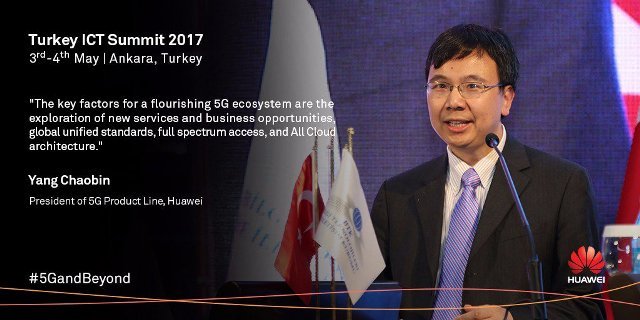 Vodafone, during a recent 5G trial, showed how an authorized operator can remotely control a vehicle by using pre-standard 5G.
Vodafone, during a recent 5G trial, showed how an authorized operator can remotely control a vehicle by using pre-standard 5G.
Huawei, one of the 5G technology partners, said telecom operator Vodafone controlled a vehicle located on the University of Surrey campus from London’s ExCel centre using a fully encrypted connection during the demonstration of pre-standard 5G.
Vodafone has conducted the 5G test in partnership with the 5G Innovation Centre (5GIC) at the University of Surrey and the Technical University of Munich (TUM).
“This innovative demonstration shows us an exciting glimpse into the future, complementing 5G’s role in providing enhanced mobile broadband. It is a milestone in the work we’ve been doing with Huawei to show how our network will support 5G connected vehicles in future,” said Luke Ibbetson, head of Research and Development and Technology Strategy, Vodafone Group.
Huawei said that enterprises can use 5G networks for communicating over encrypted channels in order to remotely control machines working in particularly harsh or dangerous environments such as mining and waste disposal sites. Enterprises can also use 5G for the emergency control of autonomous vehicles.
Vodafone controlled the vehicle from 50 km away with only six centimeters of braking deviation when it travelled at a speed of approximately 20 kilometers per hour because the end-to-end network delivered latency of less than 10 milliseconds (ms) and air interface latency of less than 1ms.
“5G connected vehicle is one of the most important components of the ecosystem. This cooperation with Vodafone demonstrated that the 5G network has excellent ability to help the development of intelligent network technology accelerate the maturity of the industrial chain,” said Chaobin Yang, president of Huawei’s 5G product line.
Recently, LG U+ and Huawei conducted the 5G network test in a pre-commercial environment in Gangnam District, Seoul. This network consists of both 3.5 GHz and 28 GHz base stations.
Huawei said the 5G test results returned average data rates of 1 Gbps over the low band and more than 5 Gbps for dual connectivity over high and low bands. The test helped to verify the technologies of IPTV 4K Video and many other commercial 5G services.





